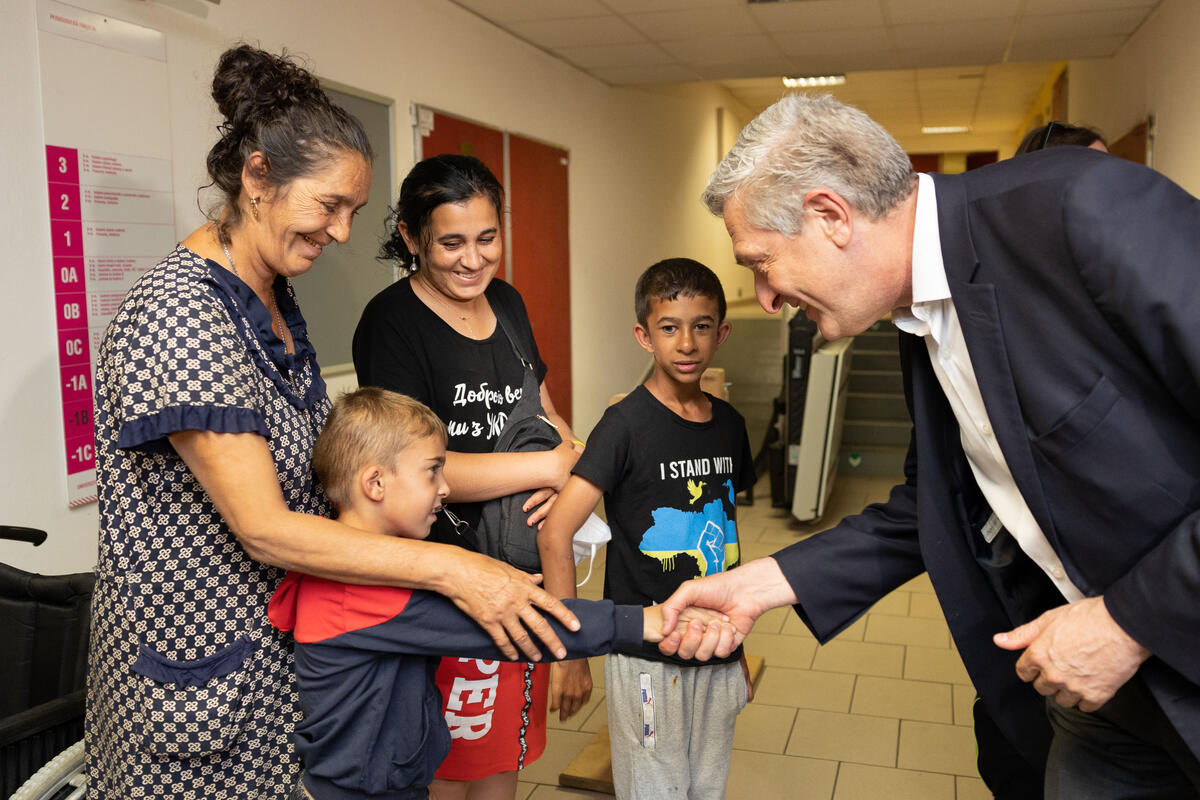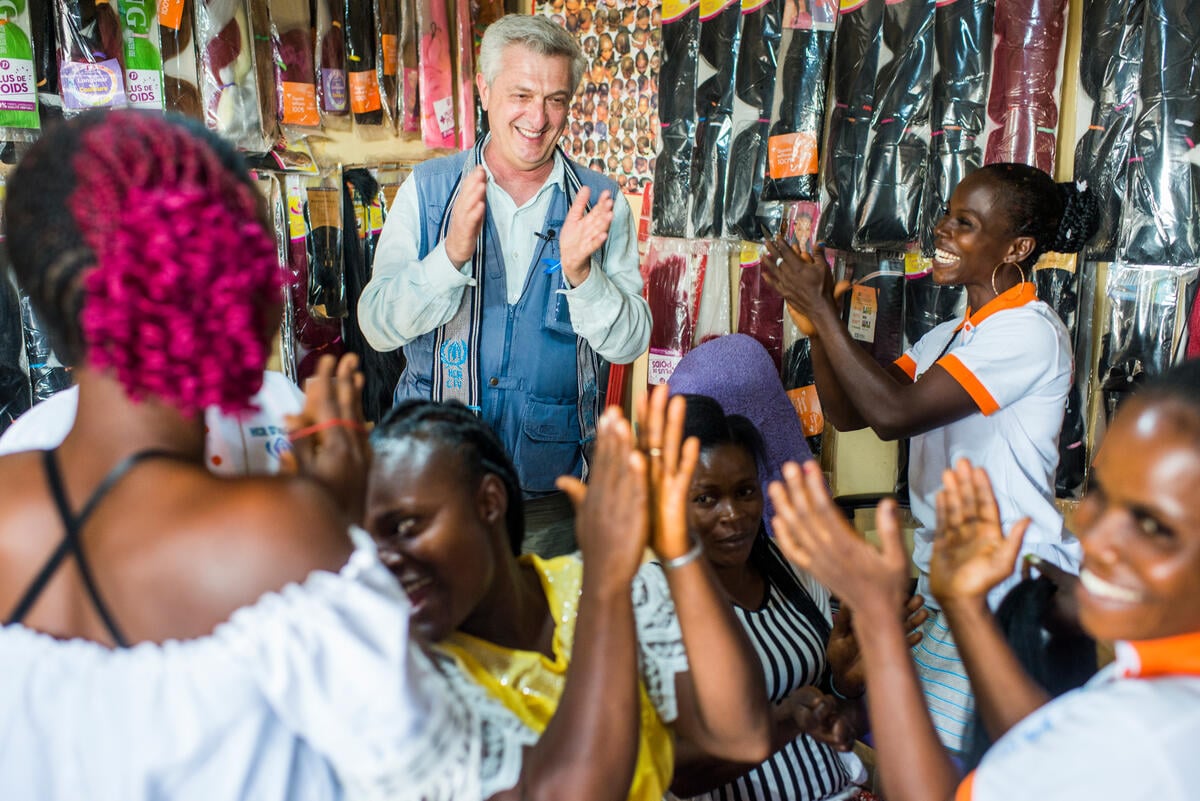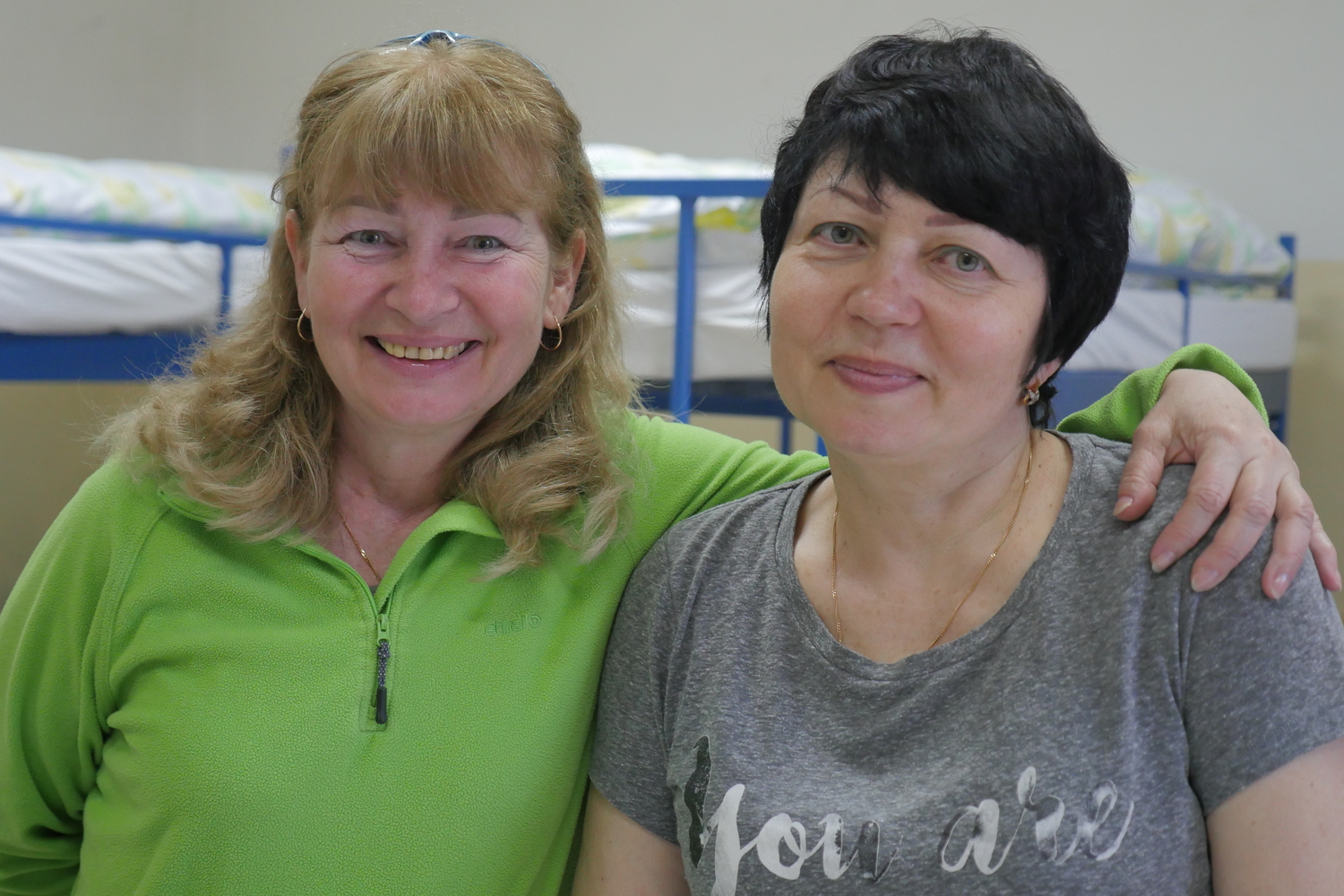European states urged to commit to quality in asylum procedures
European states urged to commit to quality in asylum procedures

BRUSSELS, Belgium, September 21 (UNHCR) - Officials from the UN refugee agency and the European Union (EU) have strongly urged European countries to give priority to the quality of their asylum procedures.
"Looking forward, quality has become the key word," the EU's Robert Visser told delegates at a conference convened last week by UNHCR in Brussels. The gathering, which included participants from 22 EU countries, marked the end of an ambitious UNHCR-run and EU-funded project to ensure that the quality of asylum procedures remains high on the agenda for building the Common European Asylum Policy.
"We are grateful that UNHCR has had the courage to tackle this important issue," added Visser, executive director of the Malta-based European Asylum Support Office, which was set up recently to facilitate practical cooperation among European Union states on asylum.
The refugee agency has been helping EU countries to build quality assurance mechanisms into their asylum procedures in recent years. The just completed "Further Developing EU Asylum Quality" project, launched 18 months ago, was conducted in nine member states - Bulgaria, Cyprus, Greece, Hungary, Italy, Poland, Portugal, Romania and Slovakia.
Several conference participants said the project - the second of its kind - had contributed significantly to improvements in quality by observing asylum systems in practice, identifying shortcomings and suggesting practical solutions.
Delegates also stressed the importance of continuing with capacity building, training and further development of asylum procedures to ensure that the highest quality standards are implemented and used.
"Training and motivation are the crucial pillars for building a sustainable house of quality," stressed Michael Grieseback, vice-president of Germany's Federal Office for Migration and Refugees, in the conference opening speech. He added that government officials responsible for asylum decision-making need to have a "quality consciousness."
The tools developed under UNHCR's quality development project will also be of broad use. These include checklists for conducting interviews, a 100-page manual on how to ensure quality at each step of the asylum procedure, quality audit mechanisms, peer-training for decision-makers, codes of conduct for interpreters and many more measures with a sustainable effect.
Moreover, improved quality of asylum procedures can lead to reduced costs and increased efficiency. Interviews that are more targeted can be shorter, well-trained decision-makers can take decisions faster and, over time, the number of appeals and decisions overturned decreases.
"Asylum quality can mean the difference between life and death for people who seek protection in Europe. If you are wrongly sent back, you may face persecution or serious human rights violations," said Madeline Garlick, head of the Policy and Legal Support Unit in UNHCR's Europe Bureau. This was why UNHCR had "poured extensive energy and expertise into a hands-on project that has brought about enormous transformations," she added.
Garlick also noted that UNHCR and EU member states had worked closely together to develop methods for monitoring, analysing and fixing problems in asylum processes.
"This conference has shown that it is now widely accepted that mechanisms for maintaining and enhancing quality of asylum decisions are vital for strong and credible asylum systems. It is clear that quality is now firmly on the EU agenda."








